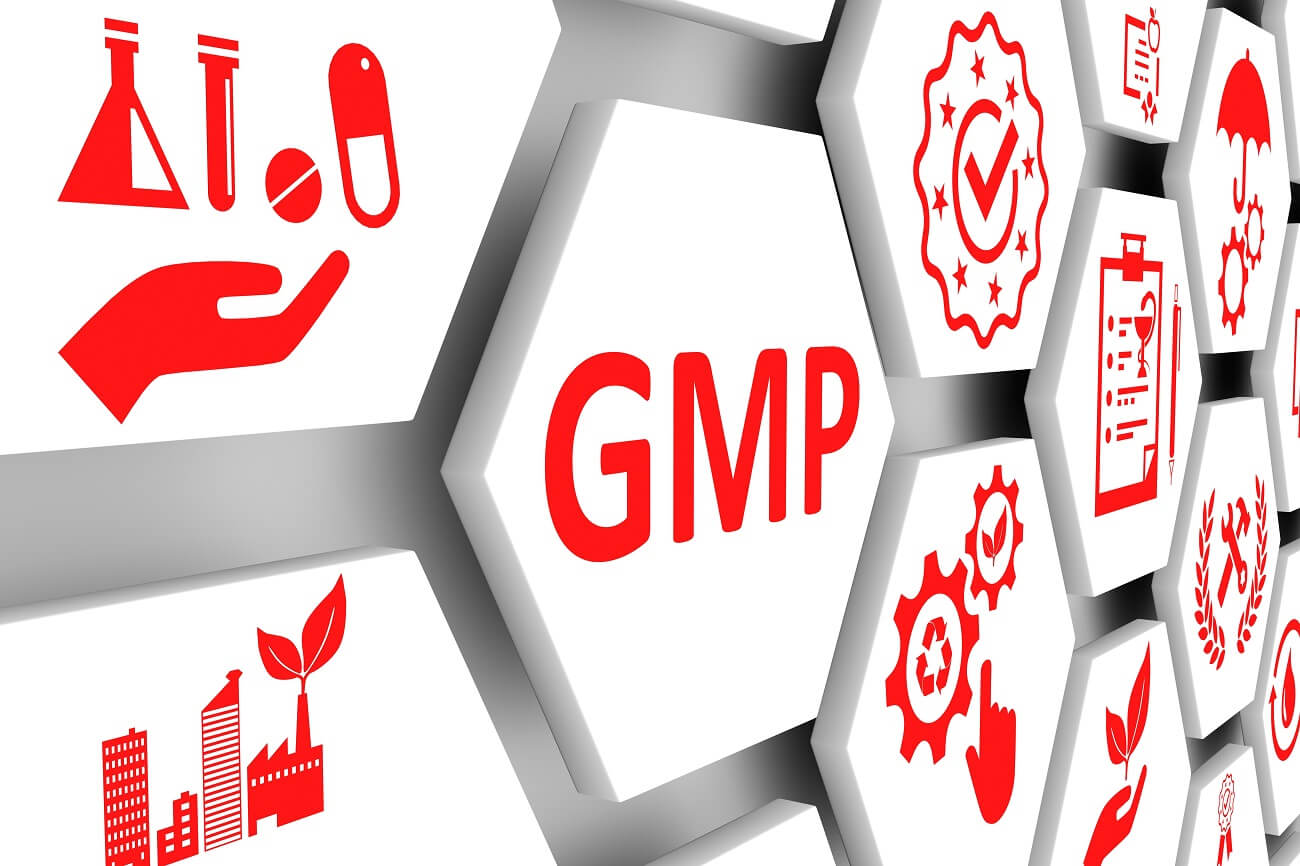
GMP
January 22, 2021
What is GMP, and Why is it Important for Life Sciences Firms?
There’s plenty of opportunities for budding life sciences firms, but there’s also a fair amount of regulation.
Maintaining high-quality standards is a top priority for life sciences companies. That’s where GMPs (Good Manufacturing Practices), or Current Good Manufacturing Practices (cGMPs) as they are sometimes called, come in. GMPs are standards enforced by the U.S. Food and Drug Administration (FDA) to ensure quality in the ingredients, manufacturing, and distribution of pharmaceuticals, as well as select other products such as cosmetics, medical devices, and foodstuffs.
GMPs ensure that only high-quality products make their way to the consumer and that errors and inconsistencies are kept to a minimum. The FDA is constantly updating GMPs, hence the “current” in the cGMP acronym.
Meeting these standards can be onerous and exacting, giving life sciences firms an incentive to identify ways to streamline the process in the name of efficiencies. One way that life sciences firms achieve this is through better use of technology, arguably the low-hanging fruit of business process optimization.
Before making adherence to GMP standards efficient, however, life sciences startups must understand what is expected of them.
High-Quality Ingredients and Recipes
Just like in cooking, having one ingredient that is off or unappetizing can ruin the whole concoction. So GMPs start with the basics: companies must ensure they are sourcing high quality, unadulterated raw ingredients. Manufacturing an FDA-regulated product is a multi-part process that requires precise, real time record keeping to ensure traceability and proof that the ingredients going into a product meet required standards.
Likewise, pharmaceutical firms are required to maintain clear instructions for the manufacture and product formulations. Any changes to their recipes or formulations must be tracked, and companies are well served to monitor for potential Drug to Drug Interactions (DDIs) as well. With nearly 1 in 2 Americans taking different prescription medications, the potential for DDIs will only increase, placing a heavier burden on firms to trace the purity of their ingredients and transparency in their recipes.
Tracking and ensuring all ingredients are up to snuff is one reason that technology is an opportunity for efficiency—this process is hard to achieve without modern technology, and improvements in technology systems can have a huge, positive impact.
Facility Design and Operation
Pharmaceutical manufacturing facility design, environment, and operation must not only ensure accurate and efficient production, they also must minimize cross-contamination. The FDA conducts regular inspections to that end, and relies on public and manufacturer data to identify sites that may be in need of oversight.
GMPs require that manufacturers use technologies and systems that are up to date for continuous improvement. Evaluation and monitoring are constant, and change logs should be kept to identify improvements in practices.
For firms with plans to scale rapidly, a cloud-based ERP can provide the warehouse tracking and data necessary to maintain this agility because these systems are both flexible and constantly updated as a result of being in the cloud.
Quality Control
As with most regulated items, quality control is a vital step to ensure that the manufacturing process is working and nothing falls through the cracks. Like a break in the matrix, any manufacturing process is only as strong as its weakest link.
But in order to maintain efficiency and inventory, quality testing occurs only for a small percentage of drugs from each batch manufactured. GMPs must be in place to ensure quality control in the rest of the batch.
Record keeping is key to this process. Batch logs kept during manufacture, quality control, and distribution ensure that recalls, if they do happen, can be handled quickly and efficiently without damaging the rest of your production. Accurate record-keeping allows you to pinpoint a defect and isolate the incident.
Serialization and real-time inventory, waste management and materials tracking help. To that end, ERP systems serve a critical role in maintaining GMP standards since ERP systems enable such rigorous monitoring and tracking of the manufacturing and distribution process.
Regulatory Compliance
Regulations that govern life sciences firms are wide-ranging and ever-increasing. Maintaining GMPs is about protecting the consumer, but also about ensuring that a company is accountable to the highest standards.
Failure to maintain GMPs can result in serious consequences. These include recall or seizure of product, or even fines and jail time for serious offenses. Given the complexities and changing nature of government regulations, firms should consider investing in software that is capable of the close tracking needed to stay in compliance and monitor every phase of manufacturing.
If selecting and setting up the systems necessary for these rigorous standards seem daunting, it need not be. There are tricks for reduce the pain of GMP compliance such as choosing a prepackaged industry solution such as our Bio Pharma Solution Set, which comes pre-validated so setup and FDA validation is a lot less onerous. We also can help with navigating the complexities of GMP in the life sciences field.
If you’d like a helping hand, or just more information, contact one of our consultants by calling (801) 642-0123 or emailing us at info@nbs-us.com


